Trump's Promise to End Visa Lottery and Family-Sponsored Immigration Draws Fire
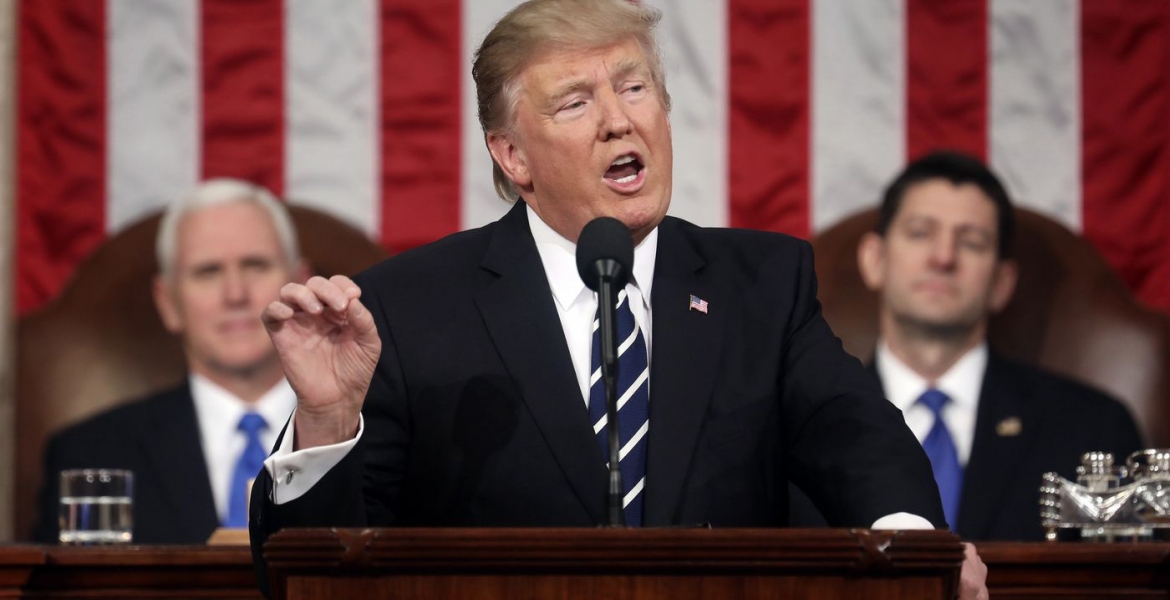
Connecticut immigration advocates and politicians pushed back Wednesday on claims made by President Donald Trump in his State of the Union address, which they say misrepresent the visa lottery and family-sponsored immigration as loopholes exploited by criminals and terrorists — rather than difficult, drawn-out processes that vet immigrants for national security risks.
In his State of the Union speech Tuesday, Trump vowed to overhaul the country’s immigration system with “four pillars” of reform, and singled out two programs — a visa lottery aimed at bolstering the country’s diversity, and a family unification program he’s dubbed “chain migration” — as two holes in the fence separating America from its enemies.
“In recent weeks, two terrorist attacks in New York were made possible by the visa lottery and chain migration,” Trump said. “In the age of terrorism, these programs present risks we can no longer afford.”
In his address, Trump said the visa lottery “randomly hands out green cards without any regard for skill, merit, or the safety of our people.” But Alicia Kinsman, director of legal services for the Connecticut Institute for Refugees and Immigrants, said there is nothing random about the process, apart from the initial drawing.
“It’s not a random drawing of numbers, not a random tossing-out of green cards,” Kinsman said. “There’s a whole host of things we’re checking, so that we can honor family unity even as we’re looking at things through the lens of a concern for public safety.”
“Just having your name drawn doesn’t mean you get a green card — it means you can apply for a green card,” she explained. “It means you now have to show you have a high school-level education or substantial work experience, and it means going through a vetting process.”
The lottery, created in 1990, aims to draw a more diverse group of immigrants from around the world. The State Department grants up to 50,000 green cards each year to citizens of countries that have sent fewer than 50,000 people to the United States in the past five years. In 2015, 9.4 million people vied for the 0.5 percent chance they’d be selected to apply for a coveted green card. Once selected, an application typically takes six to 12 months to process, according to the State Department’s website.
“It’s a lengthy, multistep process,” Kinsman said. “It’s not at all random, not at all a will-nilly distribution of legal status.”
The second program Trump pilloried Tuesday was the practice of recent immigrants sponsoring family members for visas, which Trump and people seeking to curb the practice call “chain migration.”
“Under the current broken system, a single immigrant can bring in virtually unlimited numbers of distant relatives,” he said, eliciting boos from some Democrats in the audience. He promised to allow immigrants to sponsor only spouses and minor children, saying it would protect the nuclear family.
“I guess I didn’t understand what he said,” said U.S. Sen. Chris Murphy. “How does it protect the nuclear family to not let your siblings join you? How is your family stronger when there’s less of you?”
Three days before the State of the Union address, Murphy wrote on Twitter that “chain migration” was a “made-up term” from the “hard-line anti-immigration crowd.”
“If you're using that word,” he wrote, “you're declaring a side.” On Wednesday, he called the term’s use “deeply disturbing,” with Kinsman calling it “misleading rhetoric.”
The State Department has favored admitting immigrants with family who reside in the country since the Immigration and Nationality Act of 1965, which abolished national origin quotas and created a seven-category preference system that favored relatives of U.S. citizens or permanent residents. Trump said Tuesday he plans to shift to a “merit-based” system that values skills, education and work experience over family ties.
Murphy said immigration policy isn’t as black and white as Trump makes it out to be.
"We shouldn’t have a system where we’re just looking at family ties, just as we shouldn’t have a system only based on skills and advanced degrees,” he said. “There’s room for both, and there’s room for a compromise here.”
Chris George, who as director of Integrated Refugee and Immigrant Services has helped resettle thousands of people in the New Haven area, said a person’s skills or education is scant indication of their character or prospects in the United States.
“You can’t predict who’s going to be a great citizen just on their credentials,” he said. “There are people who came to this country with nothing, but they had drive, they had grit, they had determination — and they made it. I think that’s called the American Dream.”
Trump’s divisive comments came at a time when Republicans and Democrats are scrabbling for a so-far elusive resolution to the Deferred Action for Childhood Arrival program and the estimated 800,000 people it shields from deportation. Trump has unraveled the program, which protects immigrants whose parents brought them to the country illegally, and tasked Congress with finding a solution before DACA permits begin to expire in March.
The federal government shut down two weeks ago after Democrats refused to barter enhanced border protections and other concessions for a DACA solution. On Tuesday, the president said his first “pillar” of reform would be to “generously [offer] a path to citizenship for 1.8 million illegal immigrants who were brought here by their parents at a young age,” provided they meet unspecified education and work requirements and “show good moral character.”
Critics of the president said his pledge to offer Dreamers, as the immigrants protected by DACA are called, a path to citizenship rang hollow, followed by his promises to end the diversity lottery and curb family-sponsored immigration.
Camila Bortolleto, a DACA recipient, called it a “white supremacist ransom note.”
“The end of family-based migration and the end of the visa lottery is further proof of the racist, mass deportation agenda being pushed by this administration,” she said.
Murphy said Trump’s speech pushed a DACA resolution “much farther away.”
“News flash: The president, no matter what he says he is, is not a deal-maker,” Murphy said. “That speech was designed to set Democrats and Republicans further apart.”
Already, members of Congress who on Tuesday sat stone-faced on one side of the aisle, standing and applauding on the other, are trying to wrangle some combination of border protections, visa programs and a DACA fix to avert a second shutdown on Feb. 8.
“By spending a big portion of his speech calling immigrants dangerous criminals,” Murphy said, “he didn’t get Congress any closer to a deal.” - Hartford Courant

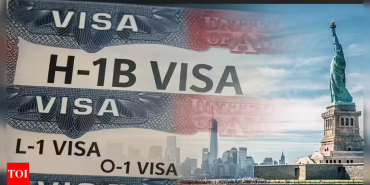
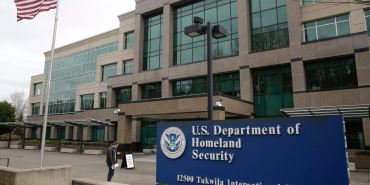
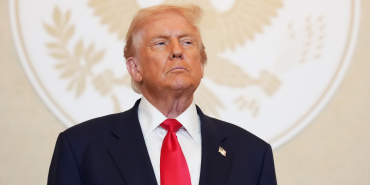
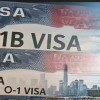
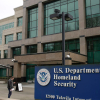


Comments
He should end these programs…
Permalink
He should end these programs - America is no longer the land of milk and honey... Makes no sense people coming here when american citizens are struggling themselves
This is what racism breeds -…
Permalink
This is what racism breeds - fear & hatred. Since a certain demographic entity predicted that whites gona be a minority in the US in a few years, many including Drumbf & his base became very very afraid. And the rise of Obama to the highest office in the land acted like harbinger of how things gona look like & some people weren’t happy. I see trouble ahead
you are right mlachake.there…
Permalink
In reply to This is what racism breeds -… by MLACHAKE (not verified)
you are right mlachake.there is fear that people from shithole countries would overrun the caucacian descendants...yes this is intended to make america white again
Add new comment